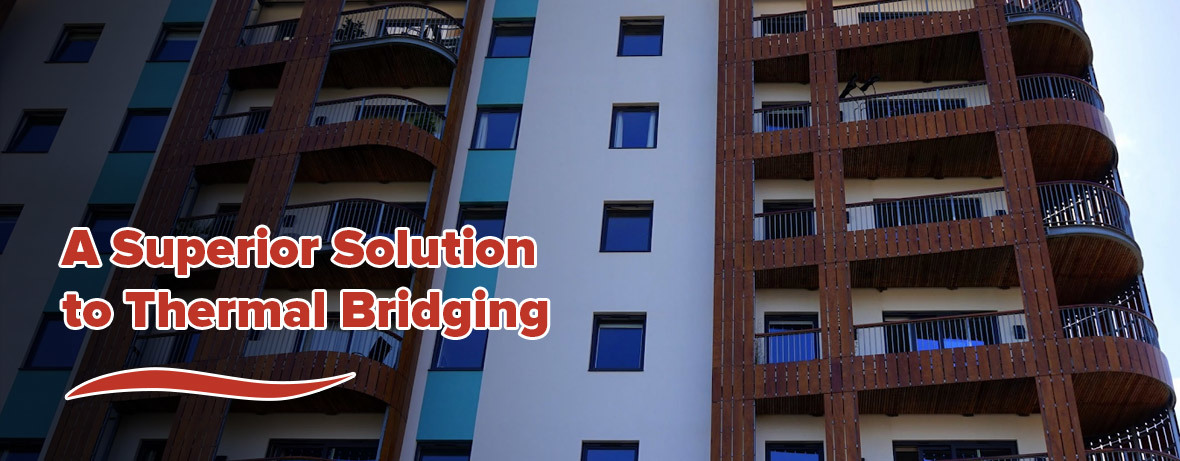
Reaching the Tipping Point — ICF vs. Wood Framing

Limitations of Insulated Metal Panels

How to Attach Siding to an ICF Substrate

A Superior Solution to Thermal Bridging

9 Benefits of ICF Homes in Canada
ICF homes in Canada help builders maintain their profits because of ICFs stable pricing and quick construction compared to above and below grade conventional construction.

Architectural Design Solutions: Using ICFs for Stylish Structures

13 Must Haves for Medical Building Construction

ICF Houses Still Standing After Storms

Benefits of Using ICF for Tilt-Up Wall Construction

Tips for Hiring & Working with Residential Architects